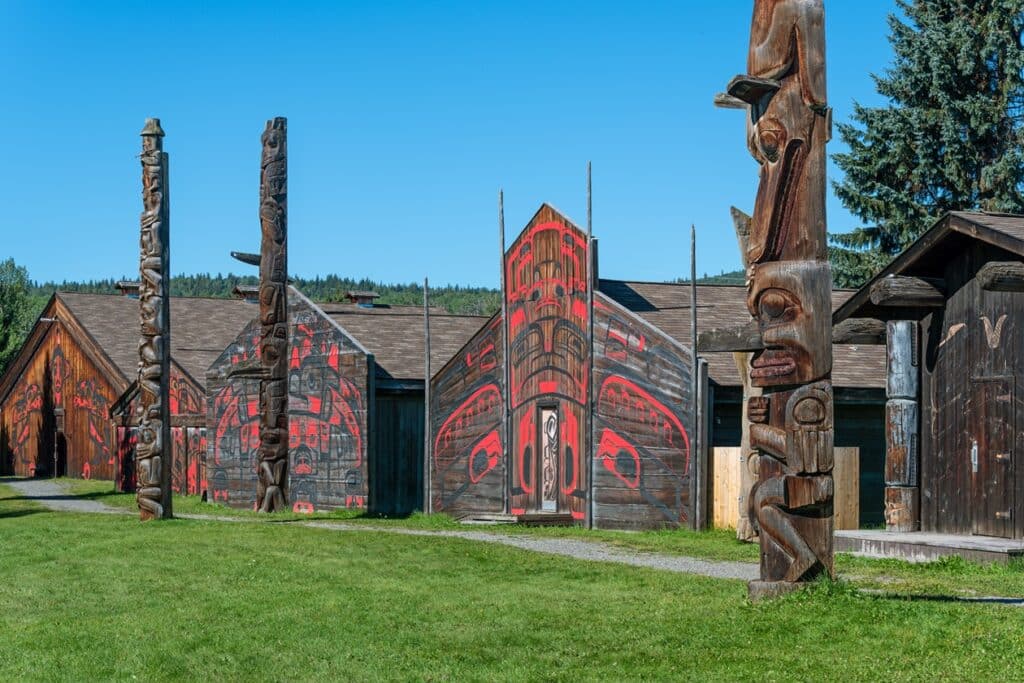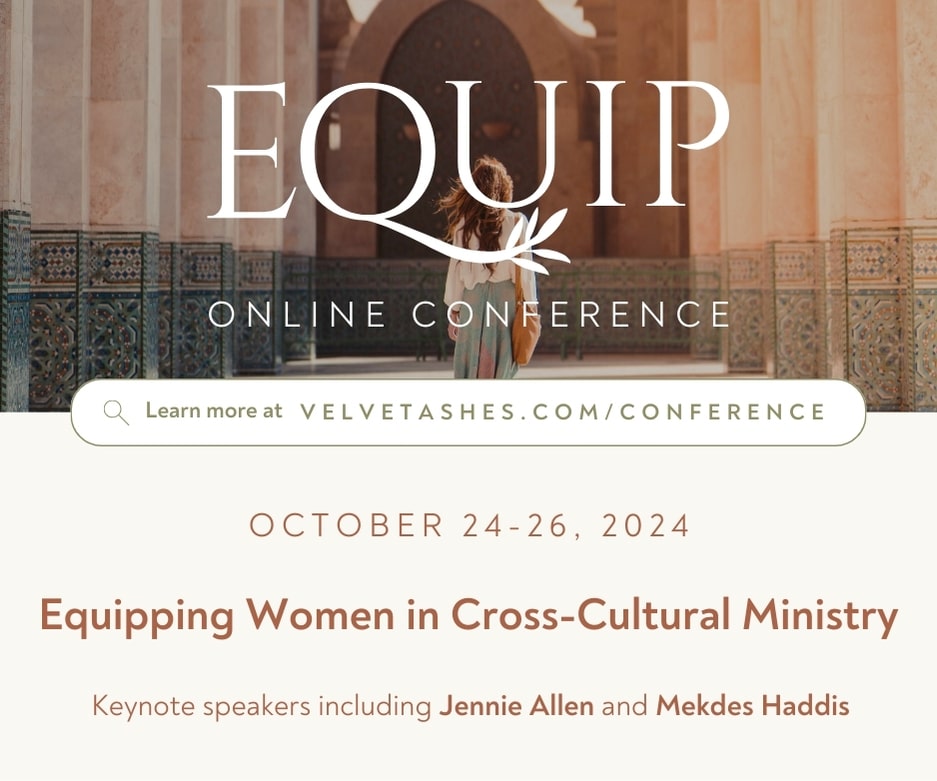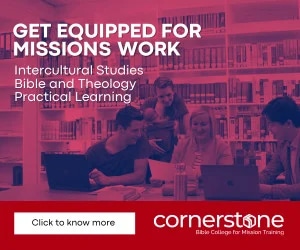EMQ » April–July 2024 » Volume 60 Issue 2

Summary: In mission history with First Nations in Canada, relationships were broken and Christianity often meant oppressive religiosity. This has resulted in open opposition to the church occurring in Indigenous communities. But a missions focus on building genuine relationships and holistic ministry is making a difference.
By Chondeug Joseph Jang
The world is changing at an unprecedented speed. Today we face enormous socio-cultural challenges including global-localization, the rise of people with no religious affiliations, changes to family structures, hyper-connection alongside hyper-individualism, and political polarization. Mission fields are not exempt from these changes. But how can Christian leaders and missions organizations be faithful to God when the world is changing so rapidly?
In this book, Canoeing the Mountains, Tod Bolsinger argues that Christian leaders must find new ways to engage in the changing, unexpected, and complex challenge of the world. To ascend the mountains and move through uncharted territory, we need to abandon the canoes and discover new navigation instruments.[i]
In our post-Christendom world, traditional churches must become missionary churches. Churches that do this successfully need to recognize that the world in front of them is nothing like the one behind them. They need to prioritize building relationships because no one will follow them off the map without trust. As they enter uncharted territory, they must learn to adapt and work together with others. Finally, they must see that reality will be different than their expectations, and it will keep changing.
This is appropriate to consider as we look at missions among Indigenous (or Aboriginal) peoples of Canada. The Canadian government recognizes three distinct Indigenous peoples: First Nations, the Inuit, and the Métiz. The 2021 census counted more than 1.1 million people amongst First Nations in Canada. These included 630 First Nations communities and 50 recognized nations and Indigenous languages.[ii] The census recorded nearly 70 thousand Inuit[iii] and around a half million Métiz.[iv]
There are many complicated dimensions to missions in these communities. Opposition against the church has become more vigorous, enough to demolish church buildings. This is because a significant part of the church’s historical engagement with the Indigenous peoples in Canada has been marred by either an overt endorsement of cultural genocide or a silent ignorance of it. Underneath this is a lack of sound missiology and a proliferation of wrong theology.
What could have happened if the church engaged differently? How might church history have been changed if the gospel message was contextualized for Indigenous contexts in Canada and delivered in a humble and compassionate way?
Member-Only Access
Evangelical Missions Quarterly (EMQ) is available to Missio Nexus members as a member-only benefit or as a digital subscription.
Please login to gain access or join Missio Nexus!





